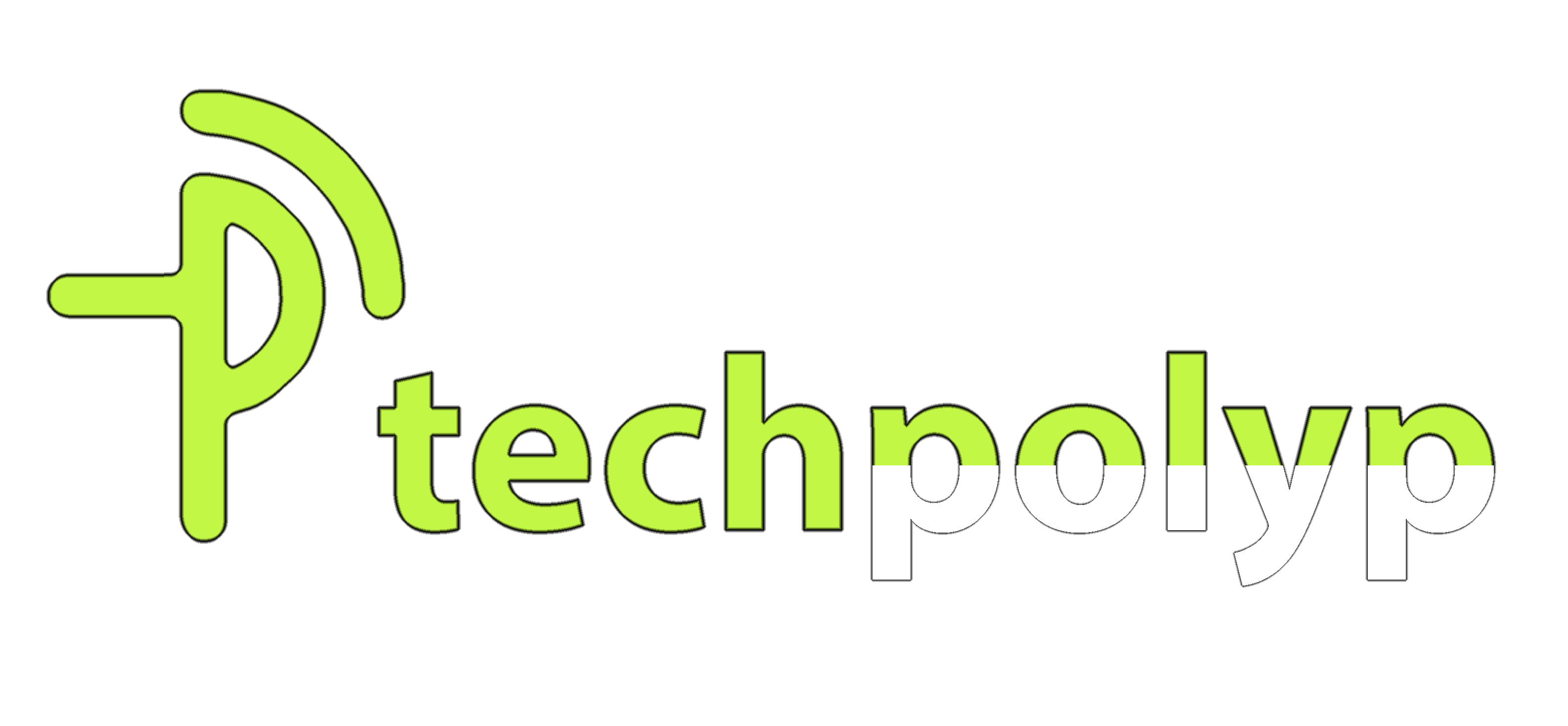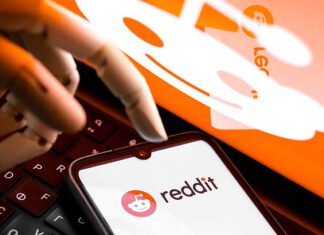When you purchase through links on our site, we may earn an affiliate commission. This doesn’t affect our editorial independence.
OpenAI has introduced ChatGPT Pulse, a feature designed to deliver personalized reports while users are asleep. Additionally, the new tool indicates a broader strategic shift within OpenAI’s consumer products. Accordingly, instead of simply waiting for user prompts, ChatGPT Pulse creates proactive updates tailored to each subscriber’s interests and activities.
Read Next:
Meta Launches “App Edits”: Is This the End for CapCut Dominance?
Similarly, the feature generates between five and ten briefs overnight, appearing each morning in a dedicated tab. These reports can include news roundups, personal schedules, or customized suggestions. Pulse is meant to encourage people to check ChatGPT at the start of their day. This can work as they check news apps or social media feeds.
What Pulse Offers to Users
At its core, ChatGPT Pulse offers users concise summaries of key information. Moreover, it can gather updates on specific news topics, for example, developments about a sports team. It can also create personalized outputs, such as family activity ideas or trip itineraries. Additionally, each report appears as a card containing text and AI-generated images.
Moving forward, users may click through for complete reports or engage with ChatGPT to explore more details. Importantly, Pulse stops after delivering a limited number of briefs each day. A closing message appears stating, “Great, that’s it for today.” This design prevents the endless scrolling effect commonly found on social platforms.
Pulse reflects OpenAI’s effort to move beyond reactive chat responses. Executives have explained that the company wants ChatGPT to function more like a faithful assistant with features like Codex or ChatGPT Agent. Fidji Simo, OpenAI’s CEO of Applications, described Pulse as a first step toward making high-level support available to all.
The company envisions a future where everyone has access to personal assistance once reserved for the wealthy. Additionally, Pulse brings that vision closer by providing subscribers with curated updates without constant prompting. Instead of asking for information, users wake up to a ready summary prepared overnight.
How ChatGPT Pulse Works in Practice
OpenAI is initially rolling out ChatGPT Pulse to Pro subscribers. This plan costs $200 per month, reflecting the computing demands of the feature. Pulse will appear as a new tab inside the ChatGPT app for those paying customers.
The company intends to extend access to Plus subscribers once efficiency improves. Eventually, Pulse may become available to all users, but no timeline has been confirmed. Until then, Pro subscribers will serve as the testing ground for the new functionality.
In demonstrations, Pulse produced a range of outputs tailored to user interests. For instance, one employee received an Arsenal soccer roundup, Halloween costume ideas for children, and a family travel plan. Another example involved creating restaurant suggestions that matched a pescatarian diet.
Similarly, the system integrates with ChatGPT’s existing connectors, including Gmail and Google Calendar. Once linked, Pulse can surface important emails or highlight upcoming calendar events. If memory features are enabled, the tool also draws context from past chats to improve personalization.
Why OpenAI Introduced the Feature
The timing of Pulse reflects growing competition in personalized news and scheduling apps. Many users already rely on Apple News, newsletters, or digital calendars. With the introduction of Pulse, OpenAI positions ChatGPT as a daily starting point for users.
Sam Altman, OpenAI’s CEO, previously stated that compute-heavy products would be limited to premium tiers. Pulse clearly fits that category, requiring significant server resources. The company is rapidly building new data centres in partnership with companies like Oracle and SoftBank to support such products.
Observers have noted that Pulse could affect traditional media habits. If users receive curated morning briefs directly from ChatGPT, they may be able to bypass existing news apps or newsletters. Additionally, OpenAI notes that Pulse cites its sources with links; however, the convenience of summaries could still reduce direct traffic to publishers.
This possibility has raised concerns about how media outlets will adapt to this new reality. Pulse does not seek to replace journalism, but it could reshape how people consume it. Moving forward, the balance between convenience and source visibility will remain a key question.
The personalization aspect of ChatGPT Pulse relies heavily on user data. When emails, calendars, and memory are connected, the tool can deliver tailored results. Yet this also raises questions about privacy and data security.
OpenAI has promised transparency and options for control. Users decide whether to enable memory or link third-party apps. Still, the integration of personal information means trust will play a crucial role in adoption.
Limitations and Challenges Facing ChatGPT Pulse
Pulse requires heavy computing power, which varies depending on the task. Some reports can be generated quickly, while others involve extensive searching and synthesis. This variability makes it challenging to scale widely without infrastructure upgrades.
In Case You Missed It:
Meta Super PAC: Facebook-Maker Escalates Fight Against State-Level AI Regulation
Meta Vanguard Smart Glasses: Meta’s Athletic Push with Oakley
Another limitation involves trust in automation. Pulse may eventually offer agent-like capabilities, such as booking reservations or drafting emails. However, users may hesitate to grant such permissions until the system demonstrates consistent reliability.
What ChatGPT Pulse Means for the Future
ChatGPT Pulse represents more than just a new feature. It signals OpenAI’s push to redefine the role of its platform in daily life. Instead of being a tool for occasional queries, ChatGPT could become a habitual companion.
Pulse could encourage users to begin their day within the app, establishing a routine connection. Over time, additional capabilities may further blur the distinction between an assistant and an automated agent.
With ChatGPT Pulse, OpenAI is testing whether people want proactive support integrated into their mornings. For professionals, students, and families, the idea of waking up to curated briefs has clear appeal. At the same time, Pulse must prove it offers unique value compared to established tools.
The success of Pulse will depend on its efficiency, trustworthiness, and genuine usefulness. If these elements align, OpenAI may have created a service that becomes indispensable to its subscribers.









